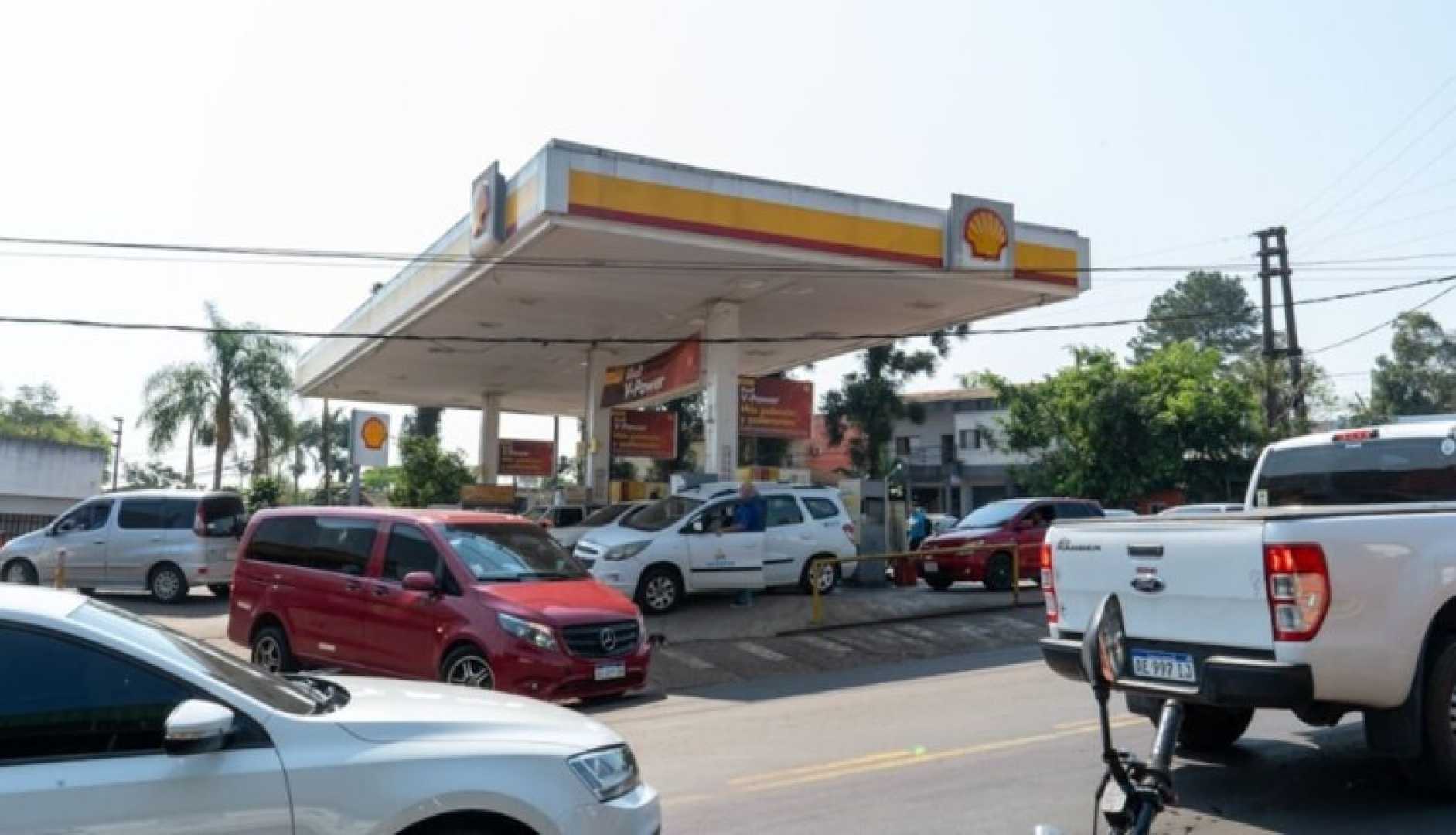Business
Fuel Prices Rise in Argentina Amid Economic Adjustments

PUERTO IGUAZÚ, Argentina — Fuel prices in Argentina increased by approximately 2% as of April 1, 2025, impacting motorists at gas stations across the country, including those in the border city of Puerto Iguazú.
This adjustment, aimed at curbing inflationary pressures, involved a 1% rise from oil companies and an update to fuel taxes mandated by the government. The continuing increases reflect a broader trend seen at the national level.
As per the latest rates, prices at Shell and YPF gas stations in Puerto Iguazú are as follows:
- Shell:
- Nafta Súper: P$ 1,361
- Nafta V-Power: P$ 1,628
- Fórmula Diésel: P$ 1,395
- Diesel V-Power: P$ 1,669
- YPF:
- Nafta Súper: P$ 1,297
- Nafta Infinia: P$ 1,560
- Infinia Diésel: P$ 1,593
The price in Brazilian reais will vary according to the exchange rate. At an exchange rate of R$ 1 for P$ 225, for example, a liter of Nafta V-Power at Shell would equate to R$ 7.23. If the exchange rate changes to R$ 1 for P$ 200, the price increases to R$ 8.14.
Historically, refueling in Argentina has been a more attractive option for drivers near the border, but recent trends indicate this is no longer the case. Due to higher gasoline costs, many drivers are opting to refuel in Foz do Iguaçu, Brazil, where prices for a liter of gas range from R$ 6.09 to R$ 6.55.
According to data from the consulting firm Politikon Chaco, February 2025 saw fuel sales decline to 1,309,505 cubic meters, a 4% drop compared to February 2024. This drop marks the 15th consecutive month of decreased fuel sales in Argentina.
The increase in fuel prices coincides with the administration of President Javier Milei, which began on December 10, 2023. The rise is largely attributed to cuts in subsidies and exemptions that previously kept gasoline and diesel prices at more affordable rates.
On April 1, it was confirmed that the increase in prices is now one of the most significant in South America, trailing only Uruguay and Chile. As consumers experience these changes, it is crucial for them to adjust their budgets accordingly.
Consumers are calling for a careful evaluation of fuel prices, particularly as they note that Argentine gasoline lacks added ethanol, which is often included in Brazilian fuel.
As the cost of living continues to rise across various sectors, this increase in fuel prices impacts not only individual budgets but also the broader economy, affecting transportation costs and price stability for goods and services.












